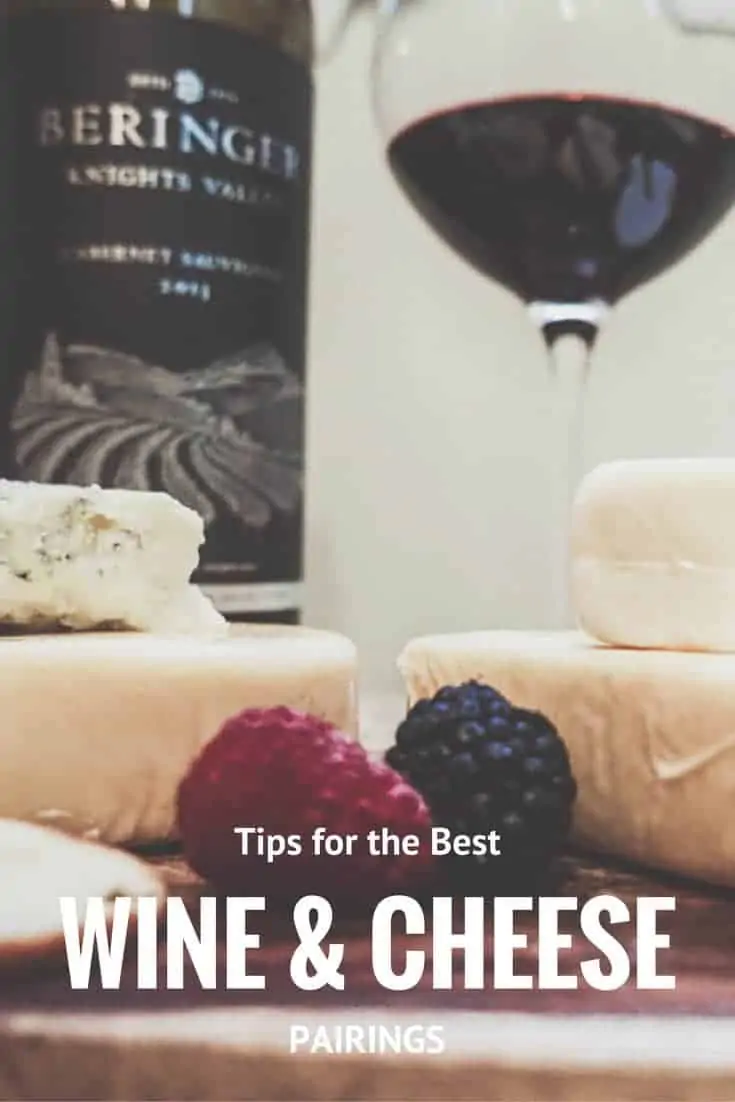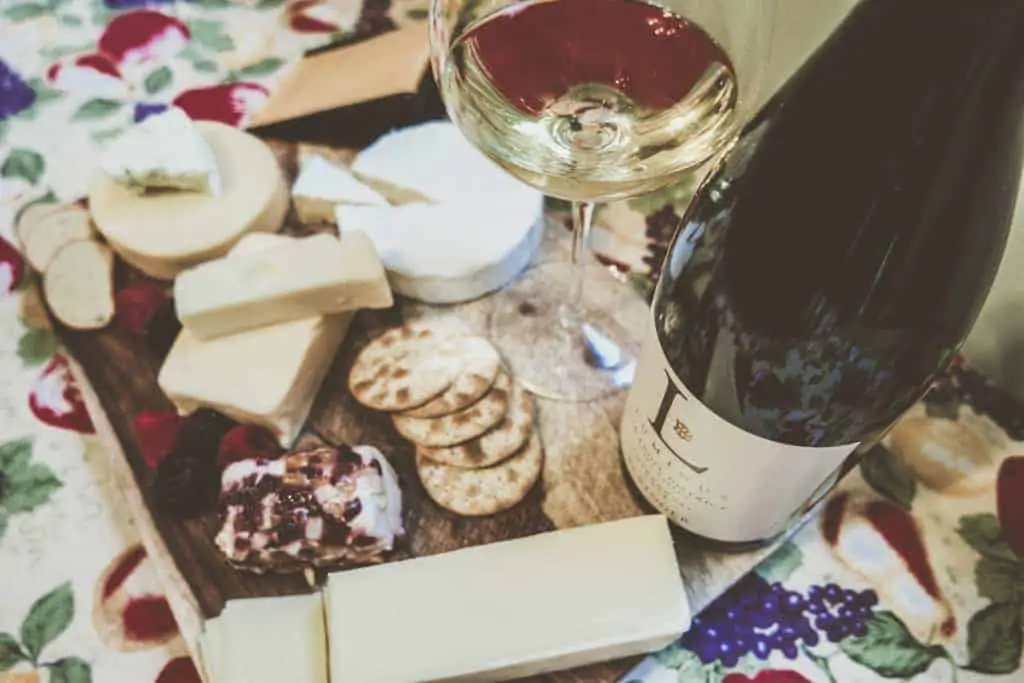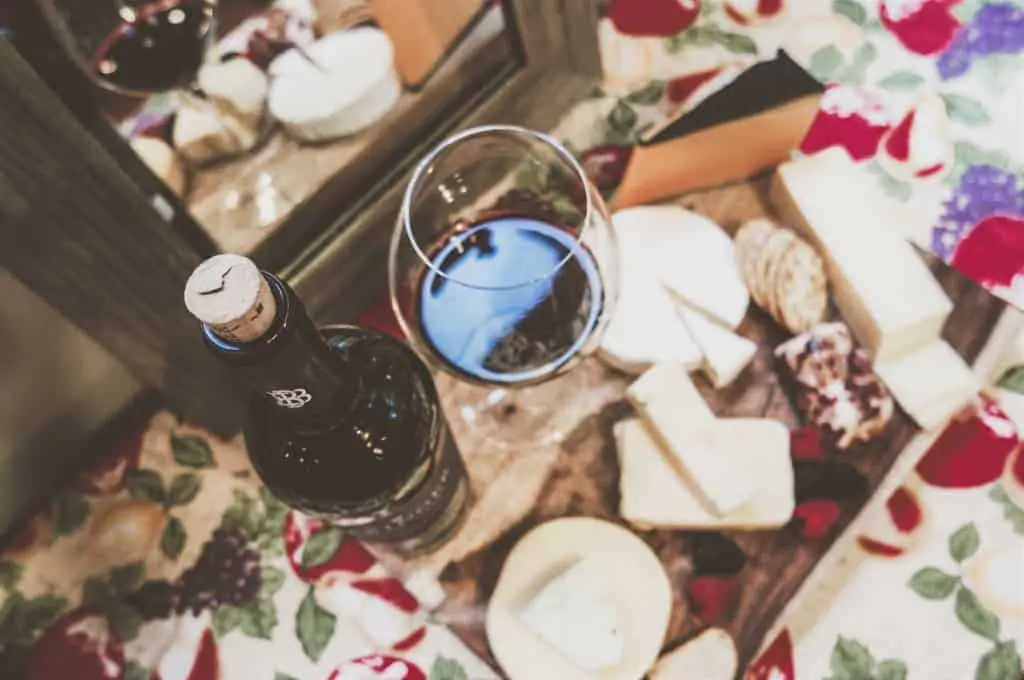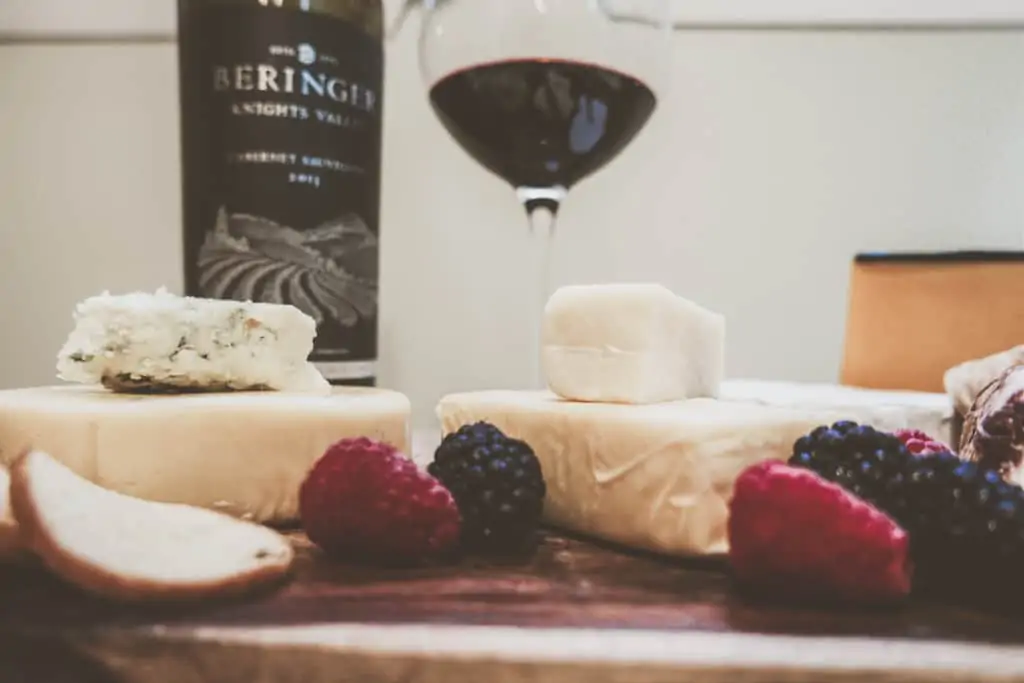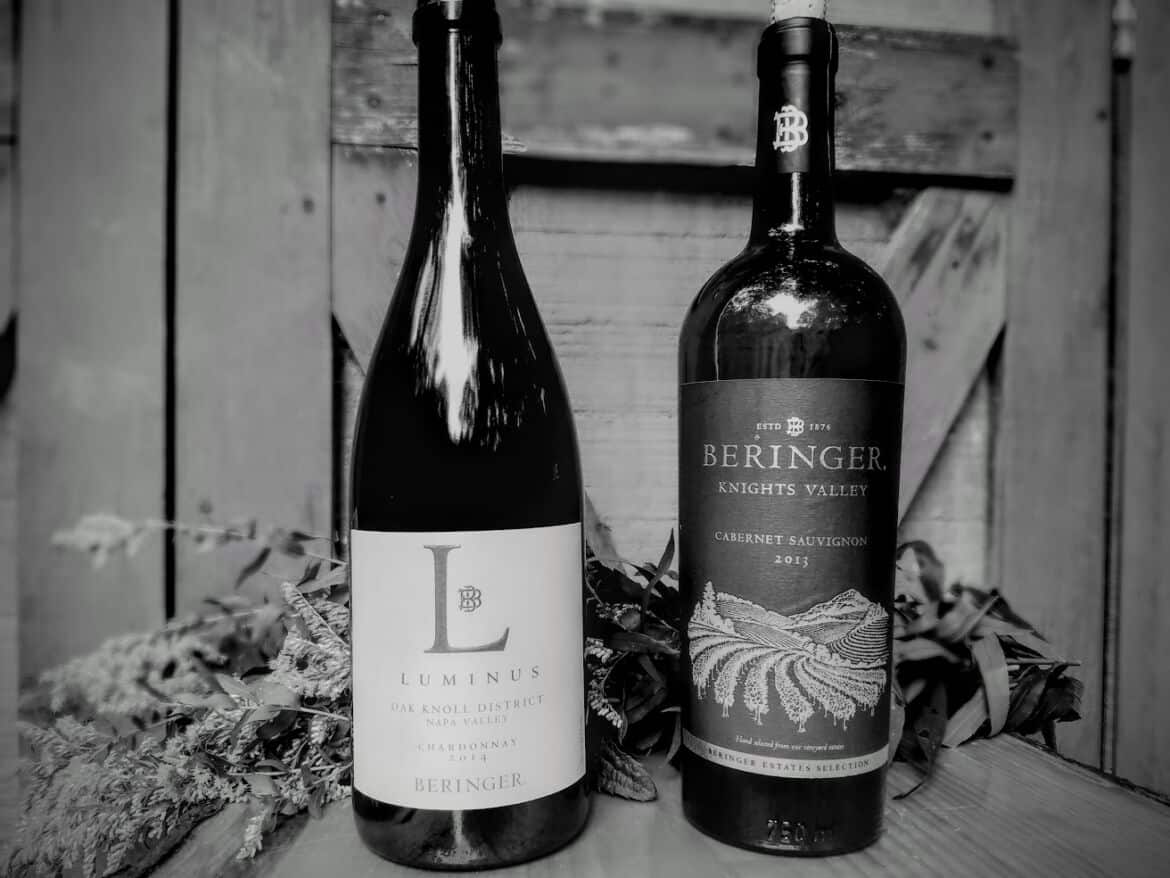Dilemma! You are having guests over and you need some quick finger food. You grab a bottle of wine, but what kind of cheese goes with it?
Cheese can enhance and compliment a wine as long as it is the right flavor. The wrong cheese can stifle the taste of a wine or leave an unpleasant aftertaste.
Picking a cheese should revolve around what you are serving to drink so it’s crucial that some thought go into your wine and cheese pairings.
Beringer offers a great variety of wines that are the perfect staple for a wine and cheese gathering. Their Luminus Chardonnay is crisp and citrus-y while the Cabernet Sauvignon from Knight’s Valley has deep, rich fruity tones. They are a harmonious coupling of opposites, and paired with a nice cheese, they can set the tone of an evening.
Chardonnay
This can be a tricky wine to pair with cheese, only because it can vary from light and citrusy to toasty and earthy.
The Beringer 2014 Luminus Chardonnay Oak Knoll has a clean citrus flavor with warm buttery tones of oak. It would best be accompanied by cheeses with nutty flavors such as jarlsberg or gruyere. The earthy tones of the cheese bring out the soft notes in the Chardonnay while highlighting the refreshing lemon zestiness.
Camembert is also a nice choice for Chardonnay. Its soft, smooth texture plays well with the velvet body of the Beringer Chardonnay.
If you prefer a stronger tasting cheese, try Stilton blue cheese. There are sweet and salty elements that create a delectable rhythm with the supple sweetness of the wine.
Cabernet Sauvignon
The bold flavors of Cabernet can stand up to the bold taste of older cheeses. Beringer’s 2013 Knight’s Valley Cabernet Sauvignon has silky rich tones of dark fruit with a husky, smoky oak flavor. It is a bold wine and polished in its complex structure. This is the kind of wine that can easily compete with a cheese that is strong and full of taste.
As cheese ages, it becomes more flavorful just like wine. The tannin of dry wine will help cleanse the palate in between bites of older cheeses allowing both to be enjoyed in their entirety without beating up on each other during their interaction.
The Beringer Cabernet will sit nicely with goat cheeses, cheddar, gouda, and a nutty comte. The opulent richness of the cabernet won’t be smothered by the sharpness of the cheese, and the two can be enjoyed amicably.
Here are a few rules to keep in mind when mixing wine and cheese…
Sweet Wines
Wines with fruity, crisp flavors will go well with many cheeses. These are often easier to find a nice complimentary cheese because of their clean and agreeable tastes. Sweet wines pair best with blue cheeses and other cheeses with bold, salty flavors. The opposing sweet and salt tastes work well with each other.
Dry Wines
An older red wine is set in its ways and yearns to be paired with a cheese that can match its intensity. Anything with complex, tannic tastes like red wines can be shared with older, hard cheeses. Big red wines will be able to overpower the deep, sharp tastes of cheeses like gouda, clearing the slate and priming the mouth for more. It becomes a delicious cycle of wine and cheese.
Bubbly Wines
Sparkling wines and champagne compliment a young soft cheese such as brie and are nicely framed with fresh fruit. The effervescent texture of the champagne lights up the creaminess of the cheese and touches the palate with only gentle flavors. Perfect for a romantic evening.
Dark Fruity Wines
The sharpness of cheddar will be offset by a deep wine that has dark fruit flavors. A cheese like parmigiana-reggiano also has a strong flavor that needs a full-bodied wine to meet it on the same level. A earthy, fruity wine will be enhanced by a flavorful cheese with nutty undertones.
Lighter Fruity Wines
A Rose wine will be friendly with softer cheeses. Rose does not age well so it is best to enjoy it early and with a younger cheese. A brie or even goat cheeses (as long as it is made well) can support the lightness of the wine with its soft flavors instead of bringing it down like a stronger flavored cheese would.
Find the perfect wine for your next gathering from Beringer Vineyards. With 140 years in the winemaking industry, Beringer has a long, flavorful history. Arriving from Germany in 1875, the Beringer brothers bought land in the Napa Valley and pursued their passion to create the best wines to rival those of Europe. Through the decades, their legacy has lived on in each barrel produced and made Beringer a household name in the American wine culture.
Post sponsored by Mirum Shopper. Opinions are 100% my own.
